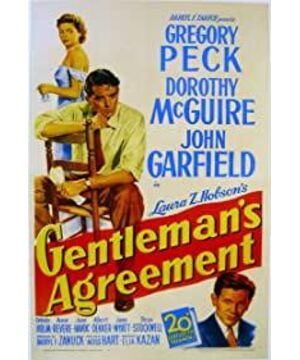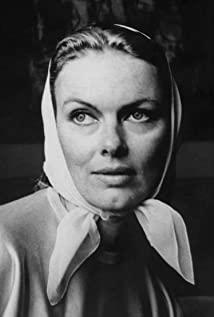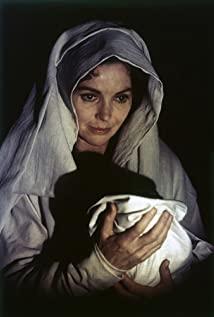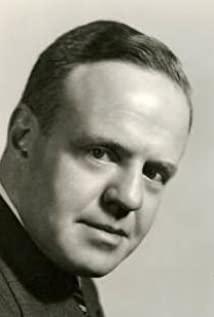There are still moving passages in the film.
Philip's son was discriminated against at school, and he and his fiancée had a heated argument.
Kathy: I'm tired of my wrong thinking. My thinking about the Jews is wrong. But I'm just thinking about the kids.
Philip: You're all wrong, you call him a good Christian, like the sugar-coated cannonballs that many parents in America give their children.
Kathy: Do you really think I'm an anti-Semitic?
Philip: No, I have seen many gentlemen who deny that they are anti-Semitic, but never take it seriously. Let him grow...
Kathy stormed out the door sadly, and said to Philip, who was trying to save her, "I am very happy with the fact that you are not Jewish, but you don't care...
The lines are well written, really good, and touching, and most people, like Kathy, don't think they're bad people, "because we didn't bully the Jews, although we just sat idly by and let this happen. (Because we know that a guy like Philip who insists on justice and speaks up will suffer a lot.")
But the development after the movie really made me grit my teeth. The first scene of the ending: a female editor who had been interested in Philip before told him Confession, I think it's normal for the movie to end like this, because the audience should have seen from the beginning that he was interested in Philip, and this woman did not discriminate against Jews. It was a good match for Philip. But the result? After the director let this scene happen, he didn't give us the result for no reason, but why did you let this scene happen? I am baffled by this.
Act 2: The director arranges for Philip's Jewish friend to preach to Kathy. Kathy miraculously changed her attitude towards the Jews. Just imagine, even the words and deeds of her dearest person are not useful to her, how can the influence of others be useful to her?
Act 3: Philip receives another lecture from his mother, and it's still a long speech! Hey! We have already received a moral baptism just now, and we have to do it again!
Act 4: Philip and Kathy hug each other tightly, they are reconciled, OK, although it's a bad ending, it's not bad, but why arrange a scene with another woman to confess to Philip before that What about the ending scene? I'm really dizzy?
View more about Gentleman's Agreement reviews











